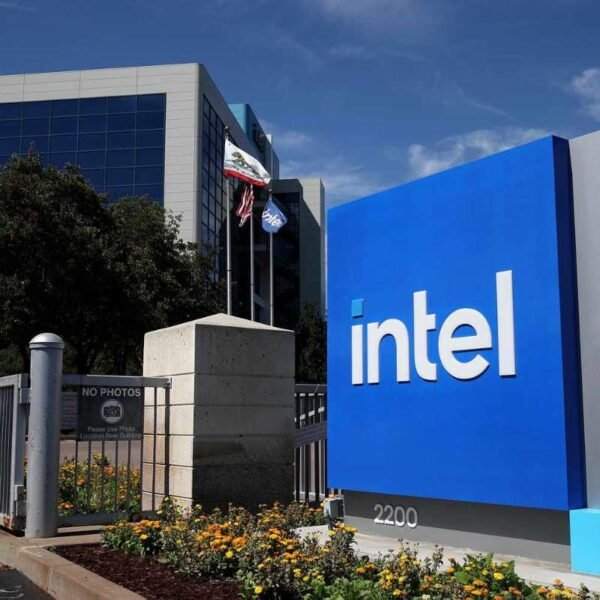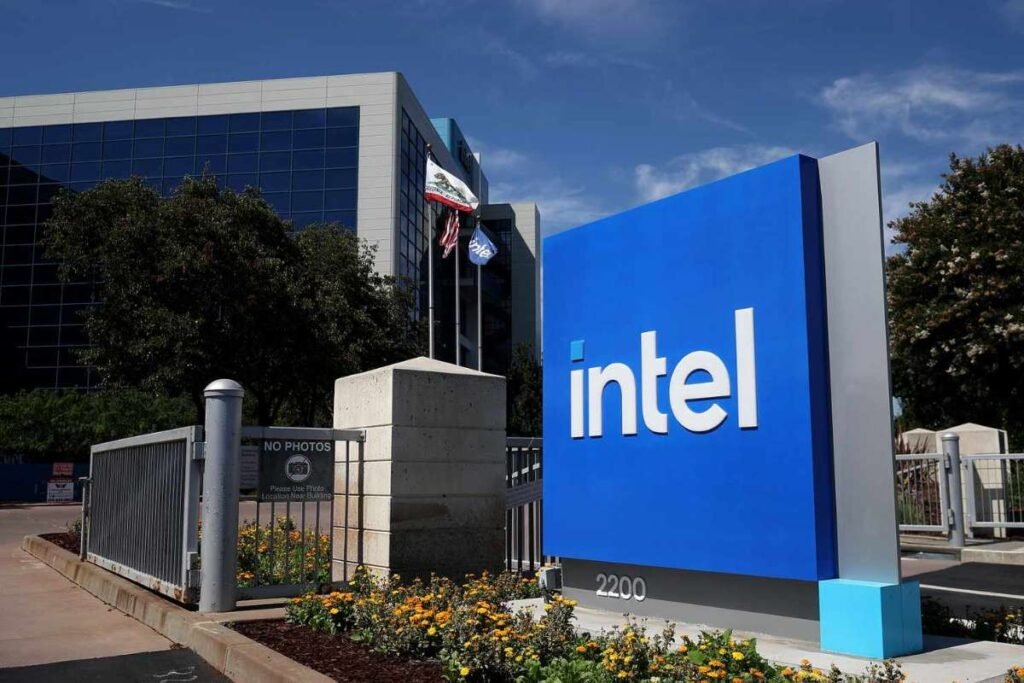Mandatory Cash Acceptance Returns Amid Equity Concerns
Starting January 1, businesses in Washington, D.C., may once again be required to accept cash payments unless the D.C. Council acts to delay or amend the law. Originally enacted in 2021 to address financial equity, the D.C. Cashless policy mandates businesses to accommodate customers who lack access to banks or credit cards. However, enforcement has been inconsistent, with interruptions due to the pandemic, funding issues, and more recently, crime legislation earlier this year.
Council Chairman Phil Mendelson defended the D.C. Cashless law, emphasizing its role in addressing inequities for unbanked residents. “This is really about equity,” Mendelson said, pointing to the thousands in D.C. without access to financial institutions. Business owner Anna Valero, who operates four entertainment venues, acknowledged the importance of financial inclusion. “We are often the first to educate employees about banking and the benefits of having a checking account,” Valero said, supporting efforts to solve bankability challenges.
Business Concerns Over Safety and Cash Handling
Despite its intent, the D.C. Cashless law has faced pushback from business owners concerned about safety risks associated with handling cash. Valero’s venues have operated as cashless establishments to protect staff. “We are a cashless venue for the safety of our crew,” she said, adding that reintroducing cash could put employees at greater risk given the current public safety challenges in the city.
To address concerns, the law permits businesses to install reverse ATMs, which allow customers to exchange cash for prepaid cards free of charge. Additionally, some automated businesses, such as parking garages, are exempt from the law. However, restaurant representatives and late-night business owners continue to advocate for broader exemptions. Shawn Townsend of the Restaurant Association Metropolitan Washington noted that most restaurants already accept cash but are seeking a permanent exemption for establishments open late or serving alcohol.
Uncertainty Surrounding Enforcement and Compliance
The fines for noncompliance with the law begin at just over $1,000 for the first offense and can escalate to more than $9,000 for repeated violations. During the brief period of enforcement, the city issued 54 warnings but no fines. Valero expressed frustration at the lack of flexibility from the Council, stating she might choose to pay fines rather than compromise her employees’ safety.
“I feel like I’m being backed into a corner,” Valero said, urging the Council to consider the persistent public safety concerns and implement more practical regulations. Councilmembers Kenyan McDuffie and Christina Henderson are expected to propose measures to delay enforcement or exempt specific businesses, but the future of the law remains uncertain.
As the January 1 deadline for the D.C. Cashless law approaches, the debate highlights the tension between promoting financial equity and ensuring public safety for businesses and their employees.










